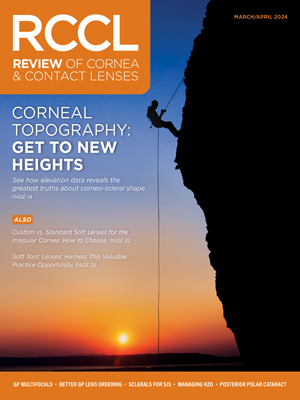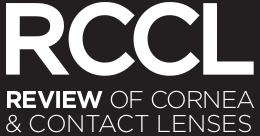 As an important part of the health care team, do you ever wonder how patients perceive your overall ethical standards?
As an important part of the health care team, do you ever wonder how patients perceive your overall ethical standards?
In 1976, Gallup surveyed American adults, asking them to rate the honesty and ethical standards of well-known professions and identify those they trusted most. That year, physicians topped the list. Sadly, by 2012, in a similar Gallup Poll, physicians had fallen to fourth on the list, placing doctors behind nurses, military officers and pharmacists.1
The general distrust of doctors coupled with the rising cost of health care has produced a nation of savvy consumers as patients. Donald Berwick describes this new paradigm of patient-centered care: patients are fully engaged in the “consumerism position,” with doctors adhering to three maxims:(1) the needs of the patient come first, (2) nothing about me without me and (3) every patient is the only patient.2
Even the language of the doctor/patient relationship has changed, reflecting the impersonal, distant nature of health care. Doctors are now “providers,” patients are “clients” and the doctor/patient relationship is now “an encounter.”3
A disturbing study recently caught my attention: “Survey Shows That at Least Some Physicians Are Not Always Open or Honest With Patients.”4
In this 2009 study, Iezzoni et al. surveyed nearly 2,000 practicing physicians to assess how widely they endorsed the Charter on Medical Professionalism’s requirement for openness and honesty in physician’s communication with patients.
The findings are staggering:
• One third of physicians did not agree with disclosing serious medical errors to patients.
• Nearly two-fifths did not agree that they should disclose financial relationships with drug and device companies to patients.
• Almost one-fifth did not completely agree that physicians should never tell a patient something untrue.
• Over one-tenth said they had told patients something untrue in the past year.
Two Questions
This prompts two questions: “Have I contributed to this erosion of trust?” and “How can I help reverse the cycle of distrust with my patients?”
A good evaluation of personal ethics and trust building is always a good idea.
Make an effort to always be truthful with your patients. Show them you care. Take the time to develop trust in your patients and treasure it; it’s the invisible element in healing. When your patients trust you, the missing piece to a diagnostic puzzle may fall into place, as they will be more willing to disclose details of their personal lives with you.
The importance of building trust is not a new concept—Albert Einstein’s words of wisdom still ring true today: “Every kind of peaceful cooperation among men is primarily based on mutual trust.”5
Alice Jacobs, MD, recently set the record straight with a good reminder for us to work hard at building trust with our patients when she said, “We are not providers: we are physicians or nurses or other health care professionals who personally care for our fellow human beings. Our patients are patients, not clients. And our relationships are not encounters. We cannot believe we are entitled to be trusted. We must reach out to others, for trust is earned and it is fragile.”6
I leave you with the words of Francis Peabody, MD, from his landmark talk to Harvard Medical School students in 1927. In it, he challenged the students to prioritize creating a personal bond with patients.
Dr. Peabody said, “The treatment of disease may be entirely impersonal; the care of a patient must be completely personal. Time, sympathy and understanding must be lavishly dispensed, and the reward is to be found in that personal bond which forms the greatest satisfaction of the practice of medicine. One of the greatest qualities of the clinician is interest in humanity, for the secret of the care of the patient is in caring for the patient.”
Now, almost 87 years later, I couldn’t agree with him more.
1.
http://www.gallup.com/poll/1654/honesty-ethics-professions.aspx
2. Berwick DM. What “patient-centered” should mean: confessions of an extremist. Health Aff( Millwood). 2009. 28(4):w555-65. DOI: 10.1377/hthaff.28.4.w555.
3. Special Reports: Rebuilding an Enduring Trust in Medicine: A Global Mandate: Presidential Address American Heart Association Scientific Sessions 2004 Alice K. Jacobs. Circulation. 2005;111:3494-3498,doi:10.1161/CIRCULTIONAHA.105.166277
4. Iezzoni L, Rao SR, DesRoches CM, et al: Survey shows that at least some physicians are not always open or honest with patients. Health Aff. 2012; 31(2):383-391.
5. Einstein A: Peaceful cooperation depends primarily on mutual trust [transcript]. NBC Television. 1950
6. Special Reports: Rebuilding an Enduring Trust in Medicine: A Global Mandate: Presidential Address American Heart Association Scientific Sessions 2004 Alice K. Jacobs.


